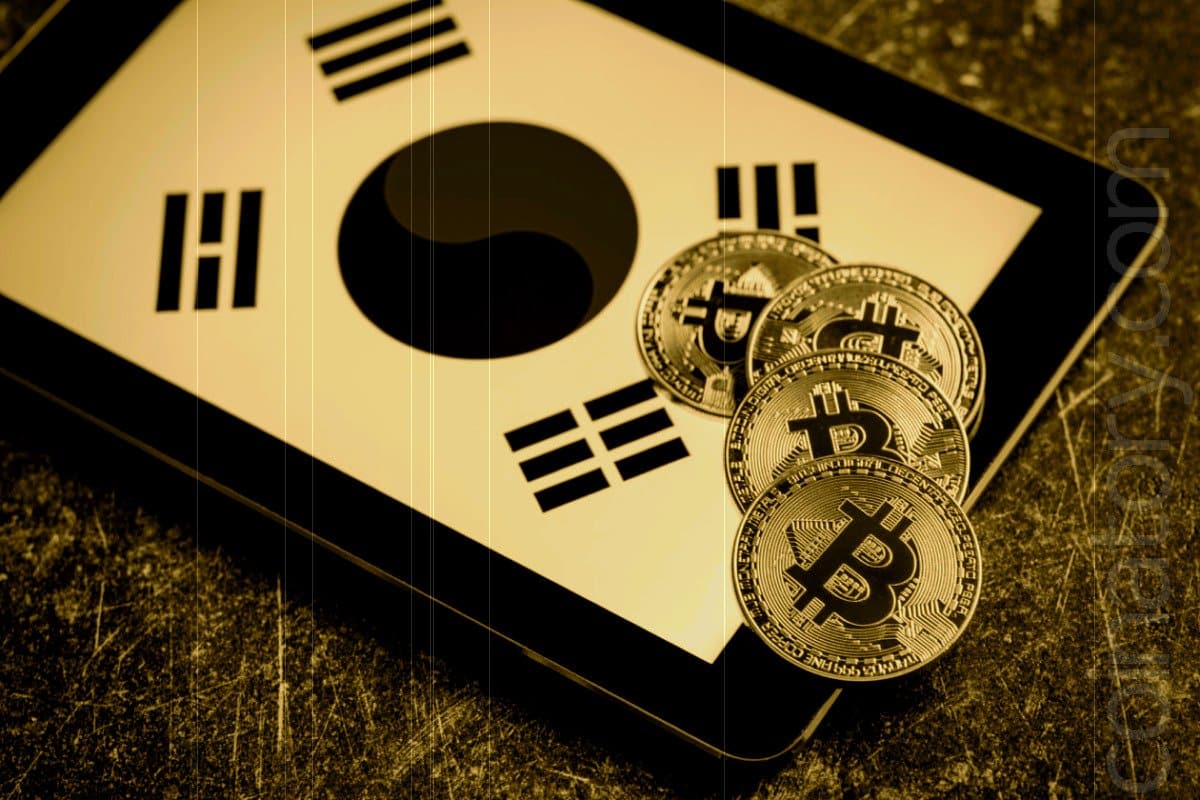
South Korea will gradually lift its ban on corporate cryptocurrency trading.
In a major legislative change for the nation’s digital asset market, the Financial Services Commission (FSC) of South Korea has announced plans to gradually eliminate the ban on corporate cryptocurrency trading.
The FSC issued a statement on February 13 detailing a staged strategy to permit institutions to trade virtual assets. The action comes after previous rumors that South Korea was thinking of loosening its long-standing prohibitions on institutional cryptocurrency trading, which have been in effect since 2017 in an effort to prevent market manipulation, money laundering, and speculation.
Institutional Crypto Trading in Phases
There will be two main stages to the implementation of the regulatory change:
- Phase One (First Half of 2025): Digital assets like Bitcoin (BTC) and Ethereum (ETH) will be allowed to be sold by law enforcement agencies, non-profits, school businesses, and colleges. The main goal of this policy is to allow these entities to use registered virtual asset exchanges to pay out their current holdings.
- Phase Two (Second Half of 2025): A larger trial program will enable the purchase and sale of cryptocurrencies by roughly 3,500 publicly traded businesses and corporations. By integrating digital asset trading within a regulated framework, these professional investors will function in accordance with South Korea’s Capital Market Act.
Regulatory Changes and Their Effects on the Market
The FSC underlined that this change in policy is made possible by the Virtual Asset User Protection Act, which was passed in 2023 and established strong investor protections. Furthermore, South Korea is following worldwide patterns, which show that more and more institutions are participating in bitcoin markets.
A special task force made up of important regulatory organizations, such as the Financial Supervisory Service, the Korea Federation of Banks, and the Digital Asset eXchange Alliance (DAXA), will be formed by the FSC to facilitate the transition. Working with cryptocurrency exchanges and industry professionals, the task force will create corporate trading norms and internal control requirements.
It is anticipated that this regulatory change will increase blockchain investment, improve the liquidity of the cryptocurrency market, and solidify South Korea’s place in the digital asset economy.







